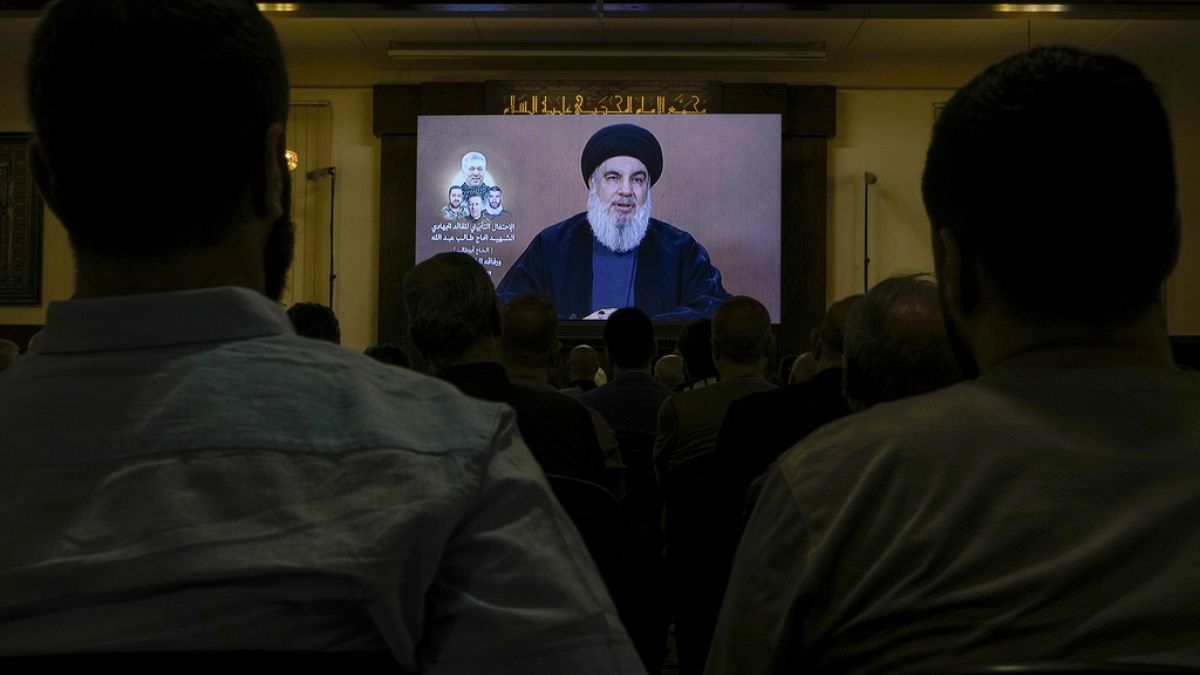Hezbollah leader Hassan Nasrallah recently issued warnings about potential widespread attacks in Israel, stating that no Israeli territory would remain untouched in the event of a full-scale war. Nasrallah emphasized that Hezbollah is prepared for conflict if provoked, continuing its support for Hamas amid escalating tensions. He warned that any large-scale offensive against Hezbollah would result in comprehensive attacks from the ground, air, and sea, potentially targeting Israeli offshore gas rigs.
In addition to issuing warnings to Israel, Nasrallah also accused Cyprus of facilitating Israeli military activities by providing logistical support through its airports and bases. He warned that any cooperation with Israel would make Cyprus a part of the conflict, leaving it vulnerable to retaliation. However, Cyprus has denied these allegations, stating that it is not involved in any military operations and is recognized for its humanitarian efforts, such as the Cyprus-Gaza maritime corridor.
Nasrallah also boasted of Hezbollah’s technological advancements, claiming to have extensive reconnaissance capabilities over Israeli territory. He mentioned that the group’s drones have gathered hours of footage of sensitive military sites, potentially within reach for future attacks. This development adds to the already tense situation along the Israeli-Lebanese border and the wider Middle East, with Israel’s military reportedly preparing for various conflict scenarios.
The warnings and threats issued by Nasrallah come against the backdrop of escalating tensions in the region, with the potential for a direct conflict between Hezbollah and Israel. While Nasrallah stated that Hezbollah is not seeking total war, he made it clear that the group is prepared to engage in one if provoked by Israel. The situation highlights the volatile nature of the Middle East and the intricate geopolitical dynamics at play, with the possibility of wider conflict looming over the region.
The accusations against Cyprus further complicate the situation, adding another layer of complexity to the already delicate balance of power in the region. Cyprus, as a strategic ally of Israel, is now facing the potential of being dragged into a conflict with Hezbollah, despite denying any involvement in military activities. The accusations against Cyprus underscore the heightened tensions and mistrust between various actors in the region, raising concerns about the potential for further escalation and instability.
Overall, Nasrallah’s warnings and accusations signal a growing risk of conflict in the region, with the potential for widespread attacks and retaliation. As tensions continue to mount, the situation remains precarious, with the possibility of a direct confrontation between Hezbollah and Israel becoming increasingly likely. The international community will need to closely monitor developments in the region and work towards de-escalation to prevent further violence and instability in the Middle East.











